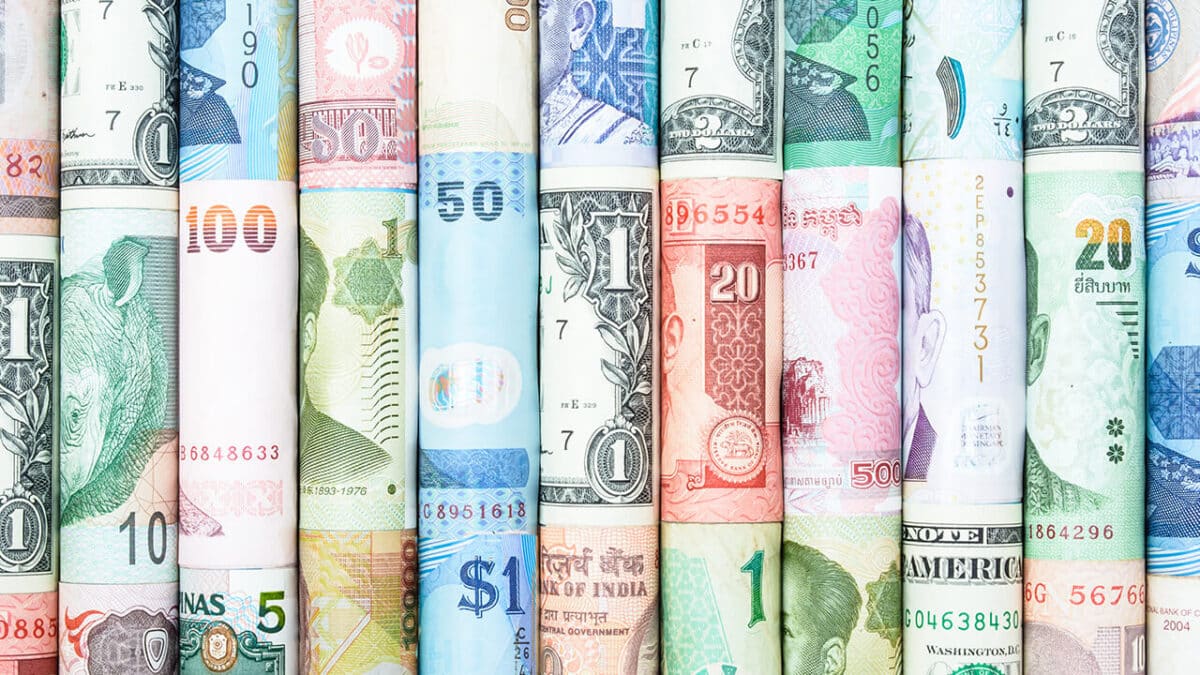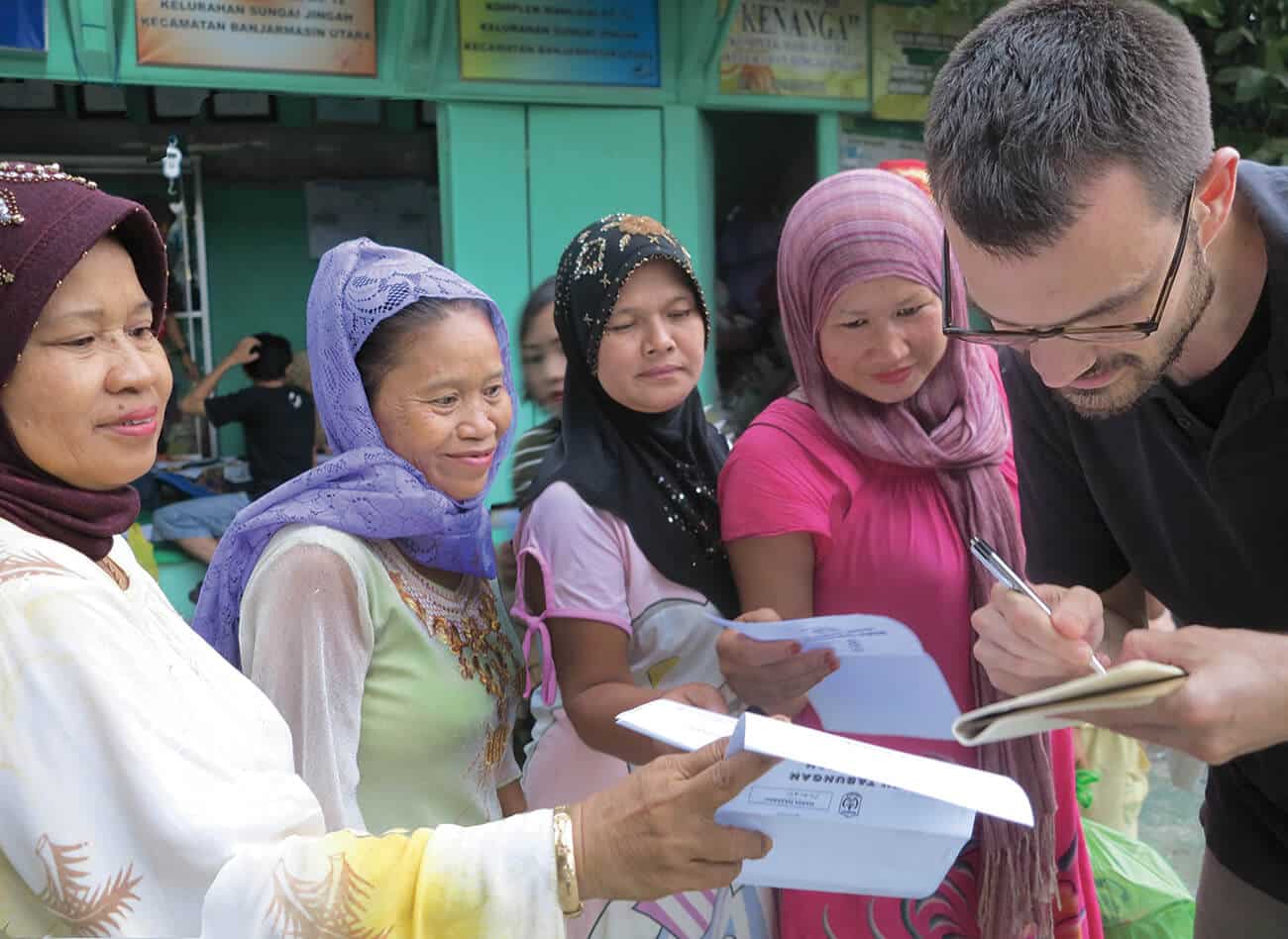
Development and Economic Growth
How do developing economies create opportunity and growth? How can policymakers make better use of development research evidence?
Latest Article

Interview with the former Indonesian Minister of Trade Gita Wirjawan: Southeast Asia’s Future
On April 23, 2024, HKS Student Policy Review Senior Editor John McQuillan spoke with former Indonesian Minister of Trade Gita Wirjawan. The conversation focused on a range of topics related to the future of Indonesia and Southeast Asia.Explore all Articles
filter by–Region
filter by–Country
search by–Keyword
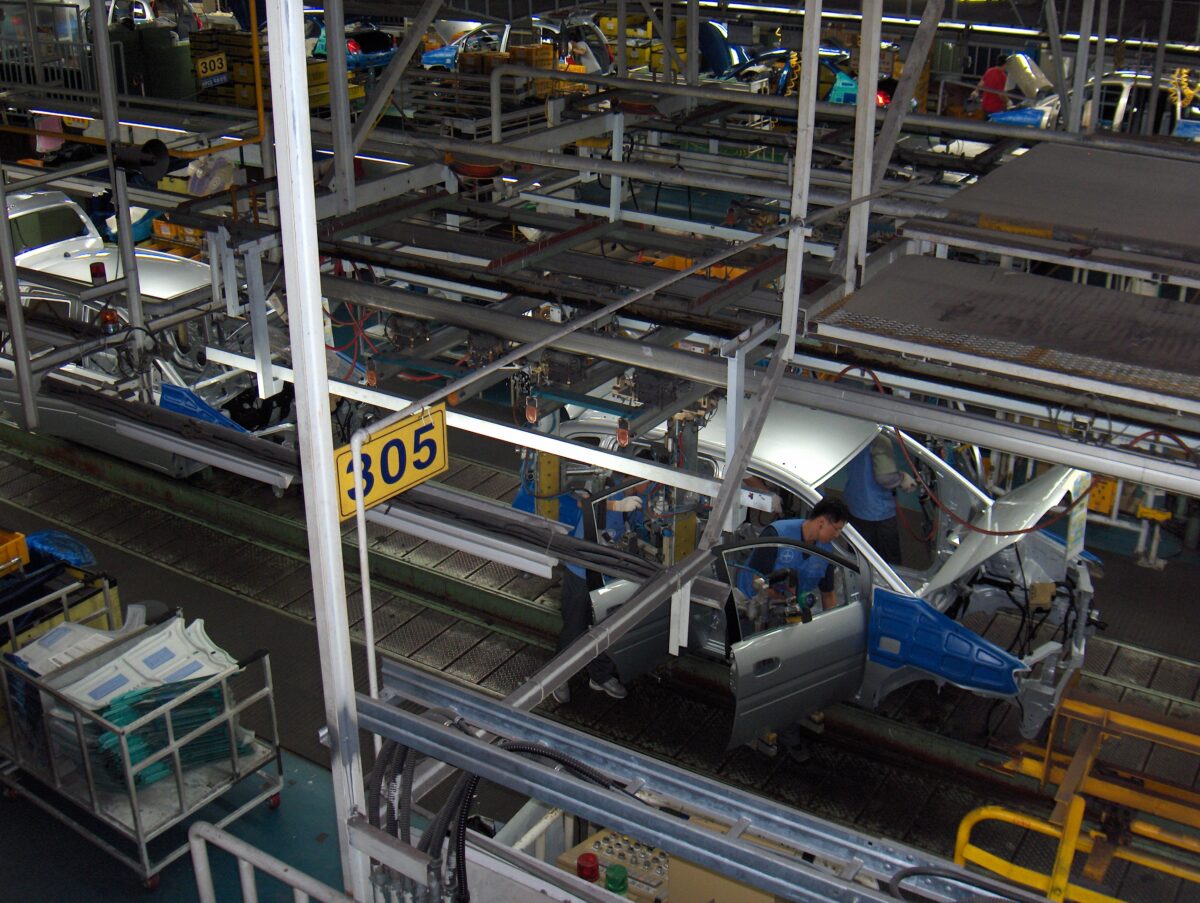
Made in Somewhere Else: How Premature Deindustrialization Undermines the Development of Indonesia and other Emerging Economies
03.2.20
In its 1993 report, the World Bank classified Indonesia as one of the “Asian Miracles”[1]. Indonesia was on the track towards industrialization and development. It had begun to transition from agriculture and raw commodities to manufacturing. In 2000, Indonesia’s computer export was twice the value of its palm oil export[2]. Fast forward to today, and […]
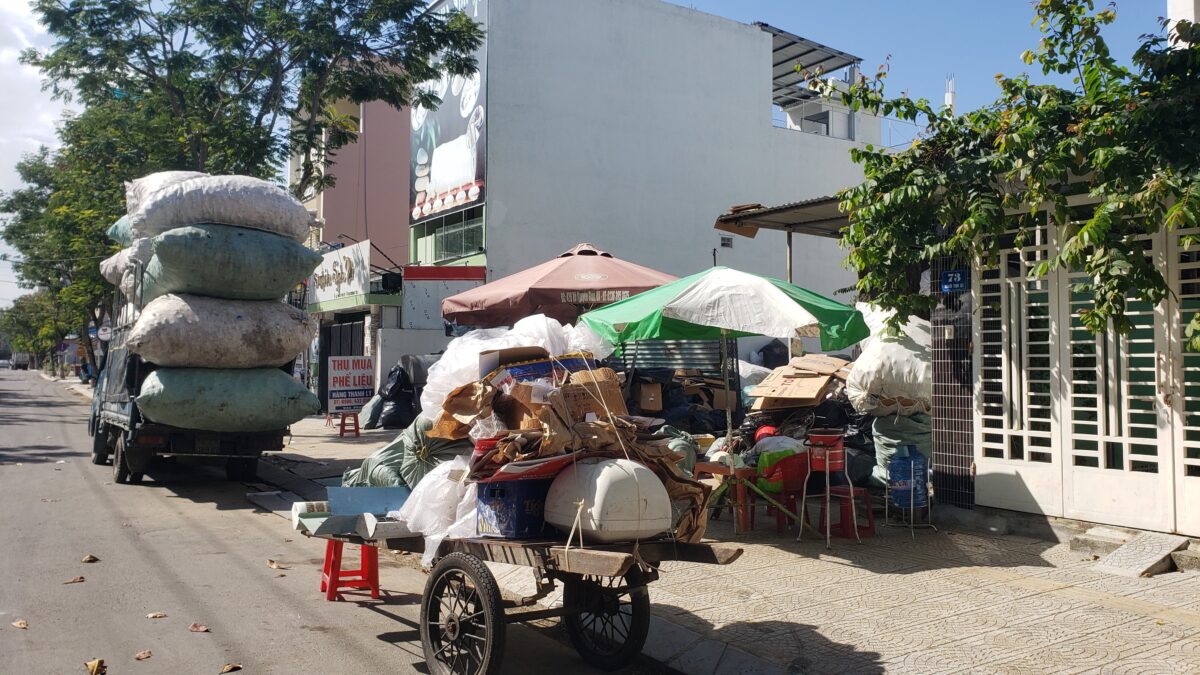
A circular economy for all: The case for integrating the informal waste sector in developing countries
02.17.20
To outsiders, Minh Khai Village in Vietnam is an assault to the senses; bales of plastic waste line its streets, waterways are deluged with litter, and toxic fumes permeate the air. Minh Khai is believed to be the largest plastic waste importer in the country[1]. It is made up of more than 1000 households, which […]

The “Year of Return” and the unintended consequences for Ghanaians
01.29.20
Ghana’s “Year of Return”, by its very nature, was bound to gain a considerable amount of positive press in the United States. The campaign encouraged descendants of the African diaspora to visit and invest in Ghana. For African Americans who struggle to locate their ancestral roots, the “Year of Return” provided a fresh opportunity to […]
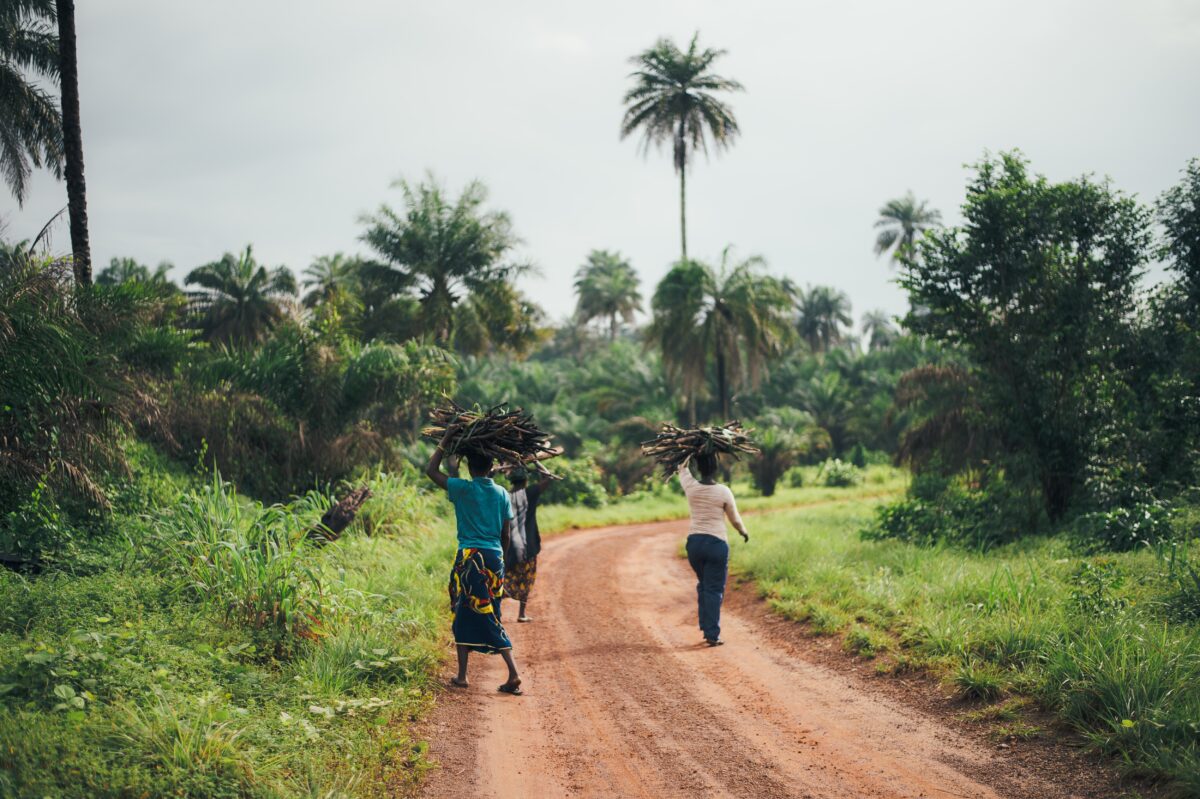
The legacy of microfinance: does it live up to its hype?
01.24.20
The origin story of microfinance began with Muhammad Yunus, a Professor of Economics who returned from the US to teach in his native Bangladesh. Amid high poverty rates, he found himself questioning how economic theory could address the immediate needs of the poor around him. He started experimenting with lending small sums of money to […]

Why a Traditional Austerity Plan Would Exacerbate Lebanon’s Woes – upcoming preview of JMEPP’s spring edition, Arab Uprisings: The Second Wave
01.22.20
“Why a Traditional Austerity Plan Would Exacerbate Lebanon’s Woes” is a piece from and first preview of JMEPP’s Spring 2020 Edition, Arab Uprisings: The Second Wave, written by our Managing Editor for Political Economy and Security, Mounir Mahmalat. ABSTRACT Following the eruption of mass protests in autumn 2019, Lebanon’s economy sled into a deep financial and economic […]
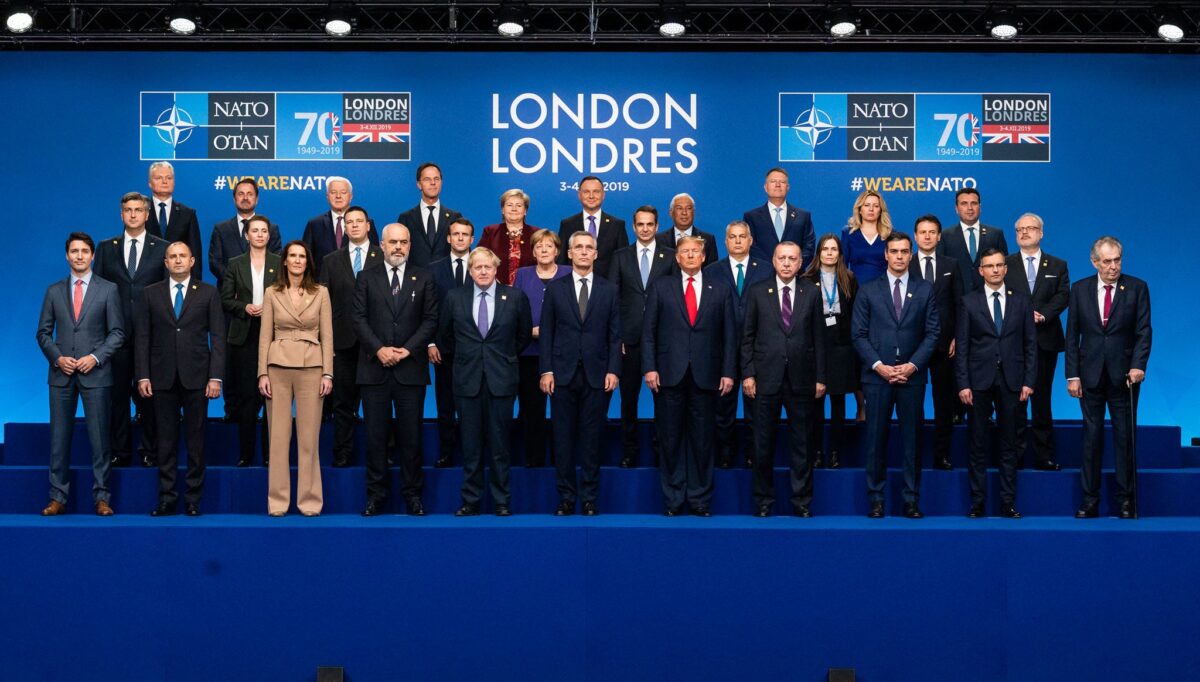
There is More to the Transatlantic Freeze than Donald Trump
12.19.19
Even at Harvard, a liberal Atlanticist bubble where the Marshall Plan was first announced, events to celebrate NATO’s 70th Anniversary celebration were sparsely attended by American students, unlike Europeans who were excited to attend. Expectations for the NATO summit scheduled this month in London were low, and organizers hoped at best to avoid new tensions […]
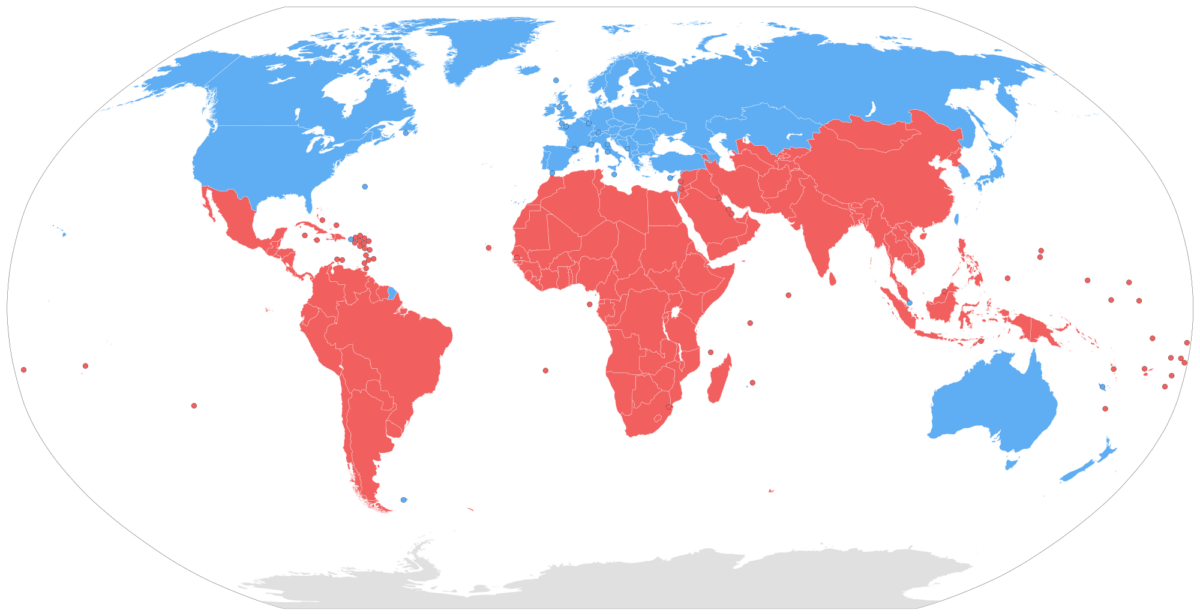
The Rise of the Global South: Can South–South Cooperation Reshape Development?
11.26.19
The increasing humanitarian consequences of climate change and the global refugee crisis have disproportionately affected developing countries.

African Solutions to African Problems? A Review
11.19.19
Since the dawn of the last century, progressive African visionaries have proffered that to achieve economic well-being, African nations must forge a path to prosperity that is independent of Western prescription. Yet, are the continent’s challenges so distinct as to be completely unique from those of the rest of the world? In July 1900, the […]
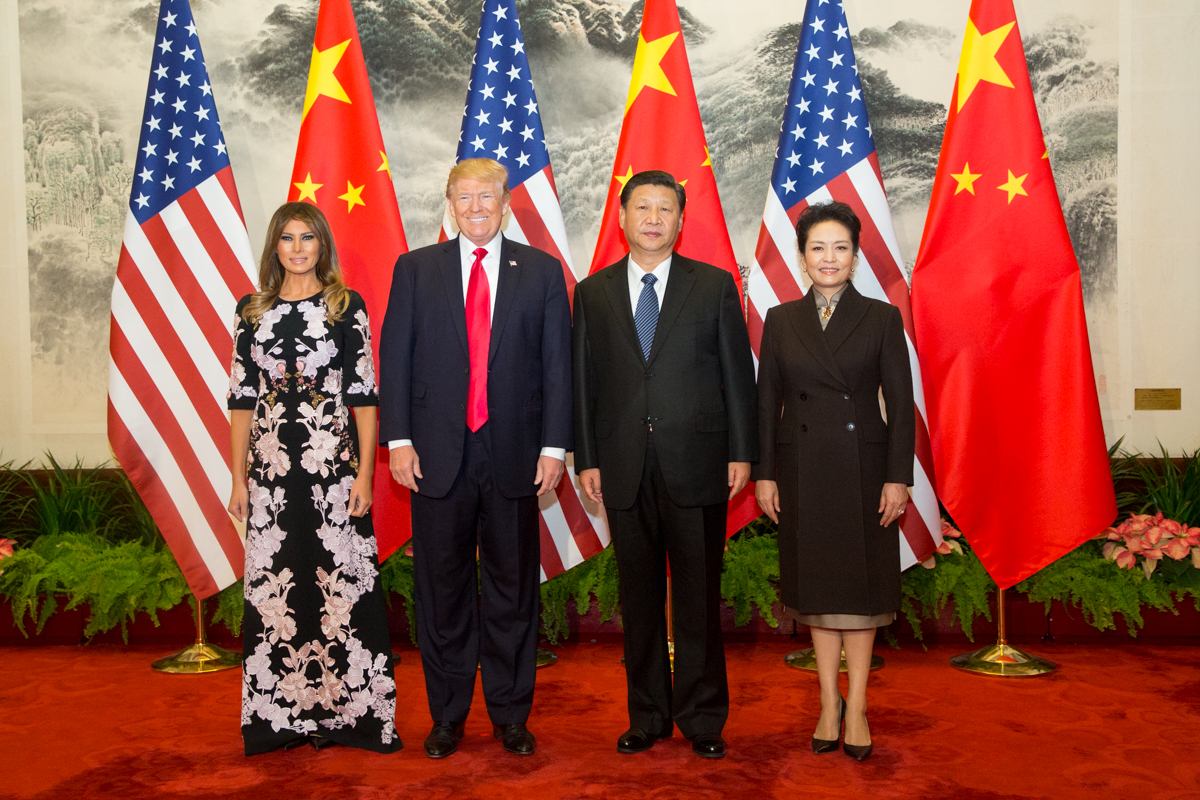
How the US should respond to Xi’s assertive China
11.7.19
The unprecedented rise of China has been one of the most notable geopolitical phenomena of the last century. China’s decision to open up to the global economy in the 1980s sparked an economic miracle that has fueled growth for the past three decades, making it the world’s second-largest economy. But the country today harbors greater […]

Why India Should Invest in Pakistan’s Development
10.24.19
From 2003 to 2004, in an initiative to promote India both as a production and investment destination, reduce foreign dependencies, and support its strategic economic interests abroad, India dramatically changed its international development assistance policy[i]. It began transitioning from being not only a recipient but also a donor of foreign aid. Then Finance Minister Jaswant […]
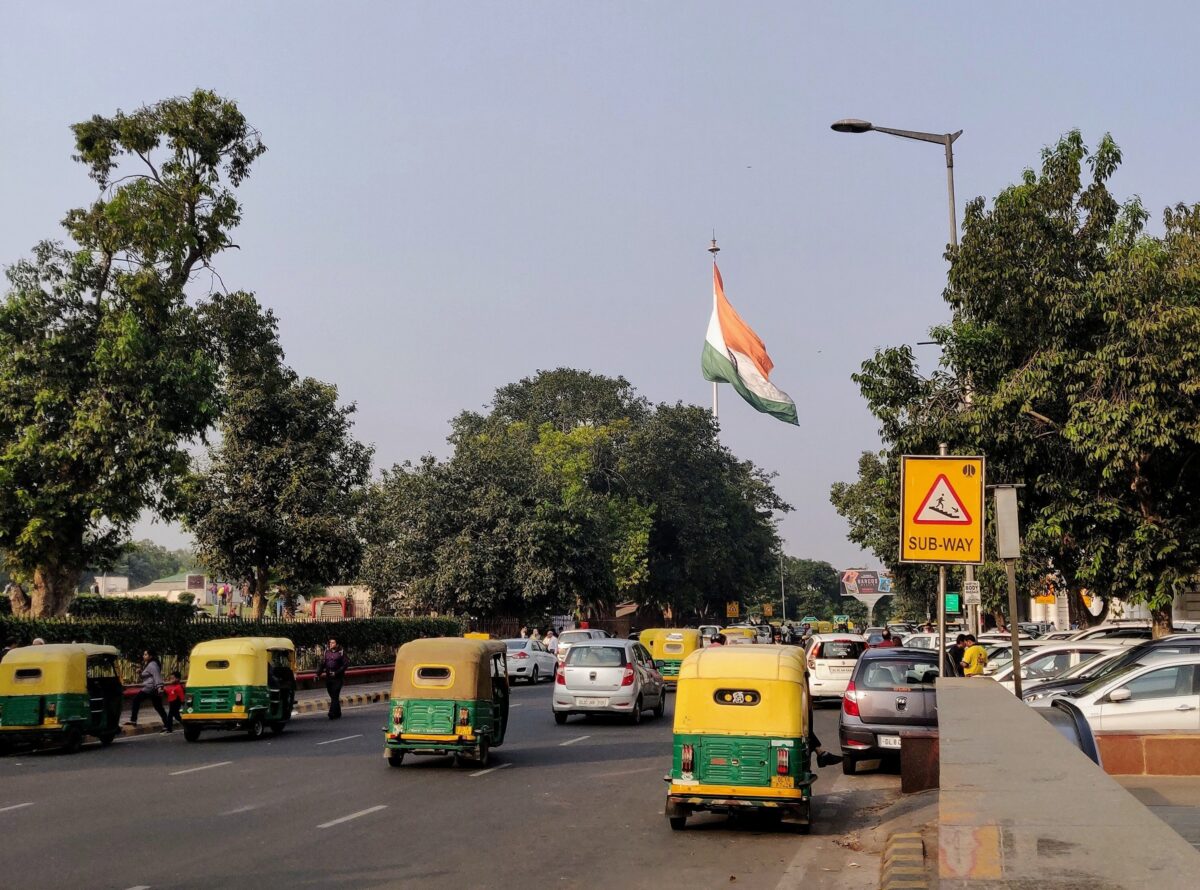
The Fault Lines in India’s Entrepreneurship Policy: Examining Startup India
10.17.19
On the brisk morning of August 15, 2015, as India celebrated its 69th Independence Day, prime minister Modi introduced “Start-up India, Stand-up India,” to the country for the first time. Five months later, Modi officially launched the initiative amidst much fanfare, with a vision of creating a supportive ecosystem for entrepreneurs and transforming India into […]
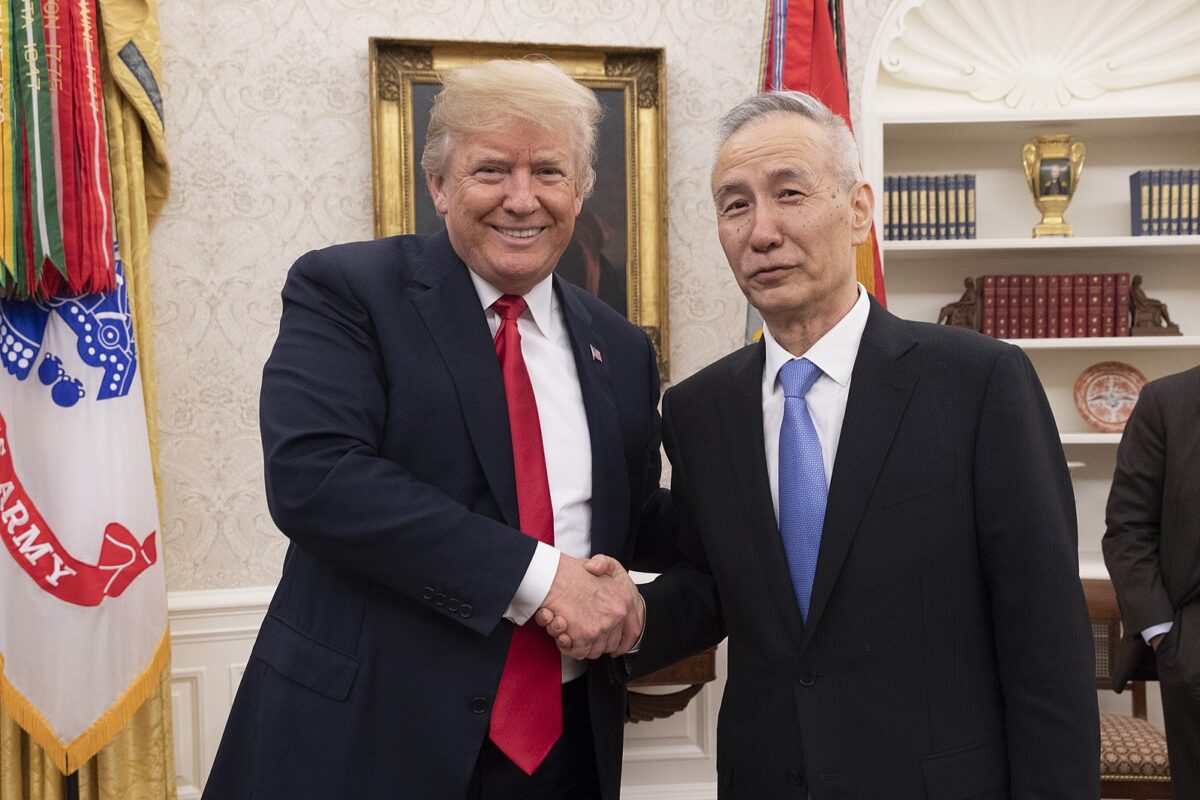
An Old Formula Could Stop This U.S.–China Trade War
10.2.19
In March 2018, President Trump stated that ‘trade wars are good, and easy to win’ as he sparked a trade war with China to fight what he called the country’s unfair bilateral trade balance and intellectual property theft. The trade war has taken longer than expected to “win,” especially as rhetoric on both sides heats […]



